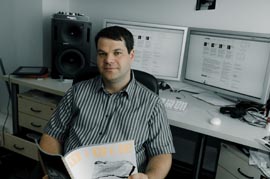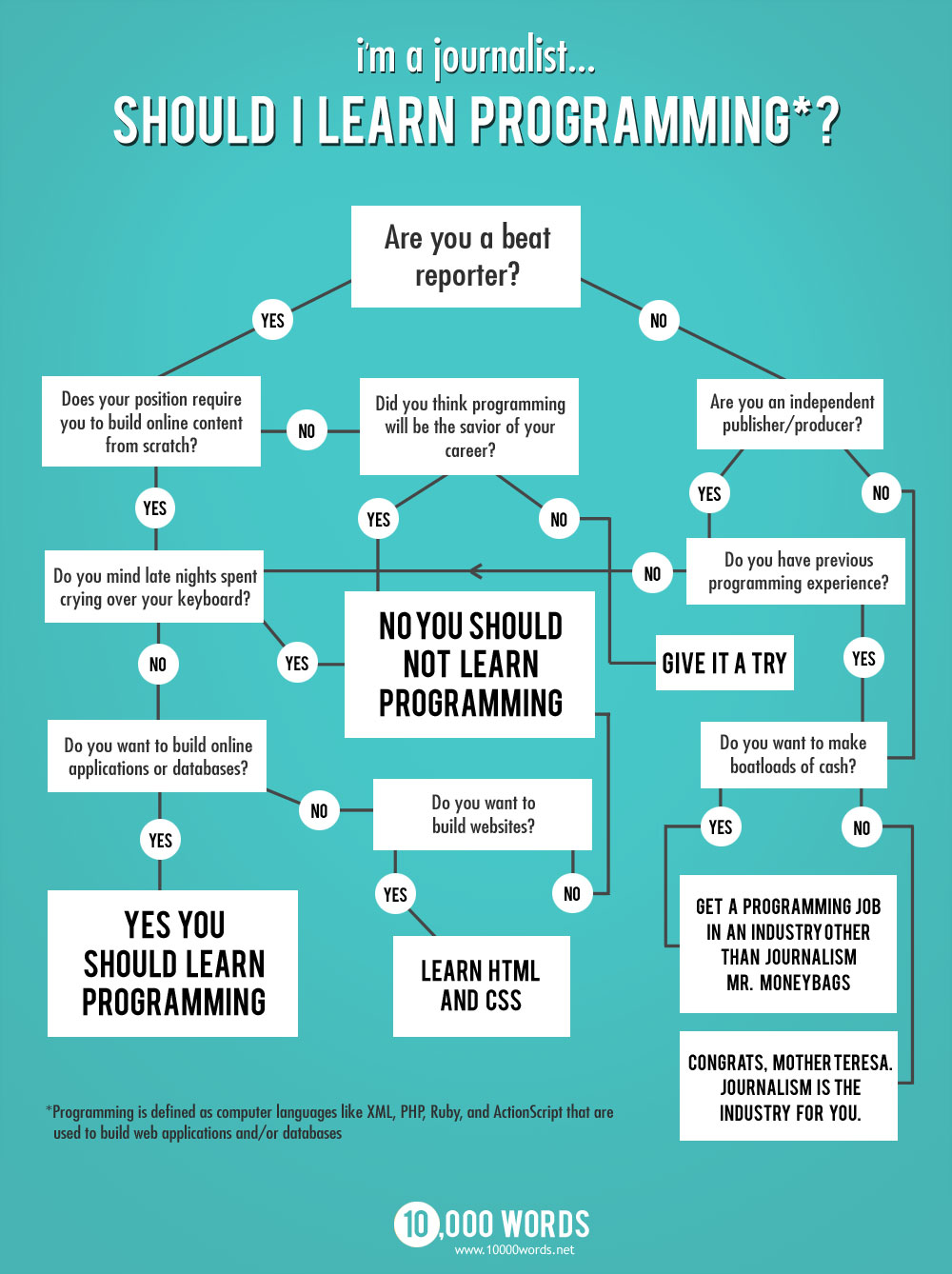Predictions are already being made about the potential of Rupert Murdoch’s reported plans to produce a national newspaper available only on the iPad, as we discussed last month.
Over on Tech Crunch Paul Carr doesn’t mince his words, insisting that the concept is “doomed”. It is not about marketing the value of the contents but a simply money-making exercise he says, which is not a long term solution.
Of course the idea is doomed – that much should go without saying. Like so many of Murdoch’s recent forays into paid-for online news, it reflects less a bold strategy to convince a new generation of readers that good journalism is worth paying for and more the 79-year News Corp proprietor’s desperation to keep the cash flow coming until the company’s profitability becomes someone else’s problem.
But what’s remarkable about this current escapade is that Murdoch is actually proposing to sell a product that people have previously failed to even give away for free.
The LA Times, who also ran an editorial on the plans this weekend, added that News Corp is just another news organisation “scrambling to prop up their bottom lines with new sources of revenue”.
The initiative, which would directly compete with the New York Times, USA Today and other national publications, is the latest attempt by a major media organization to harness sexy new devices to reach readers who increasingly consume their news on the go. The development underscores how the iPad is transforming the reading habits of consumers much like the iPod changed how people listen to music.
 Tomáš Bella was longtime editor-in-chief and deputy director of
Tomáš Bella was longtime editor-in-chief and deputy director of 